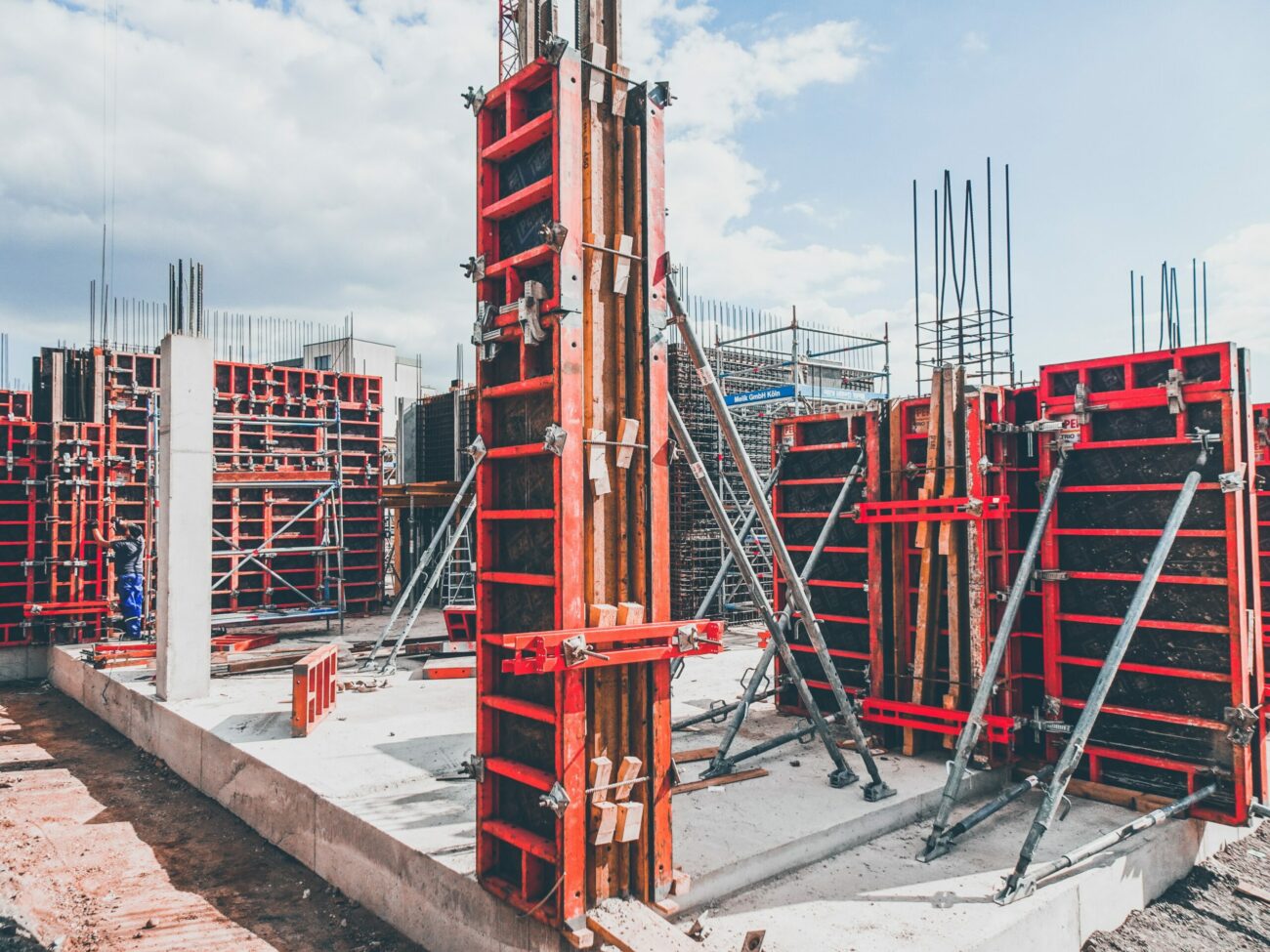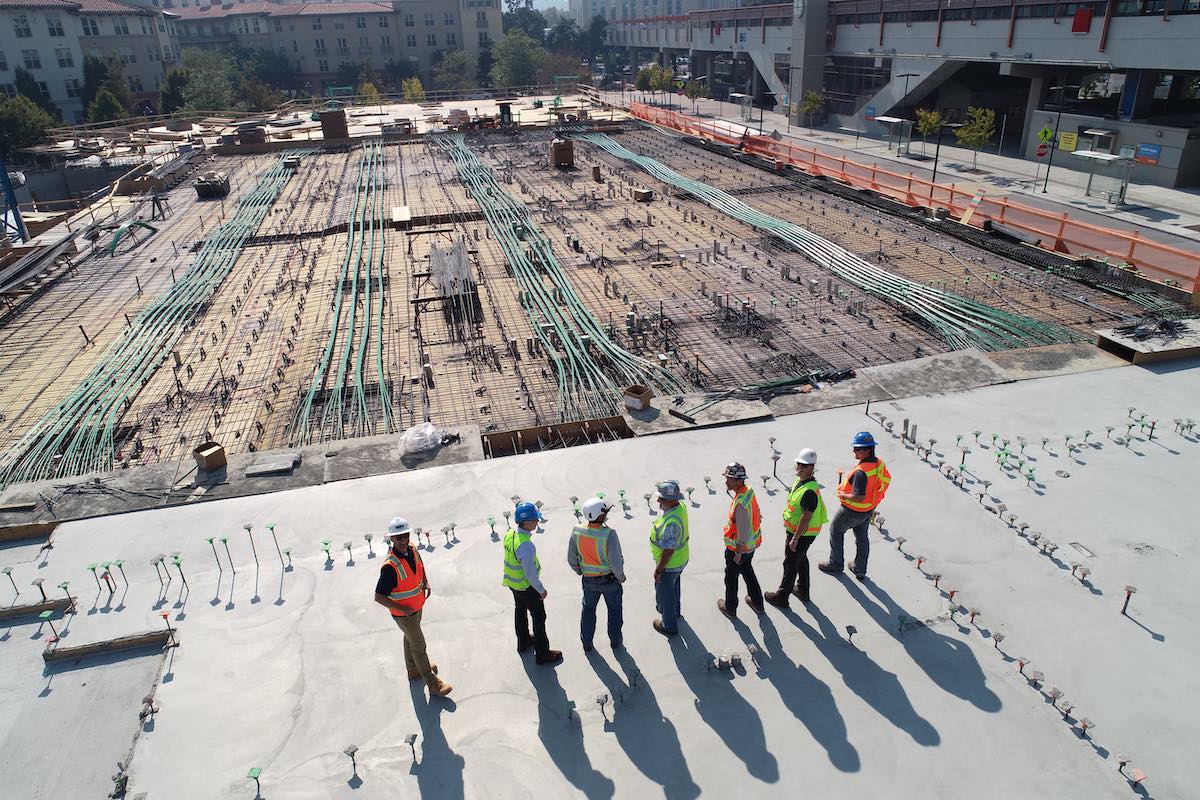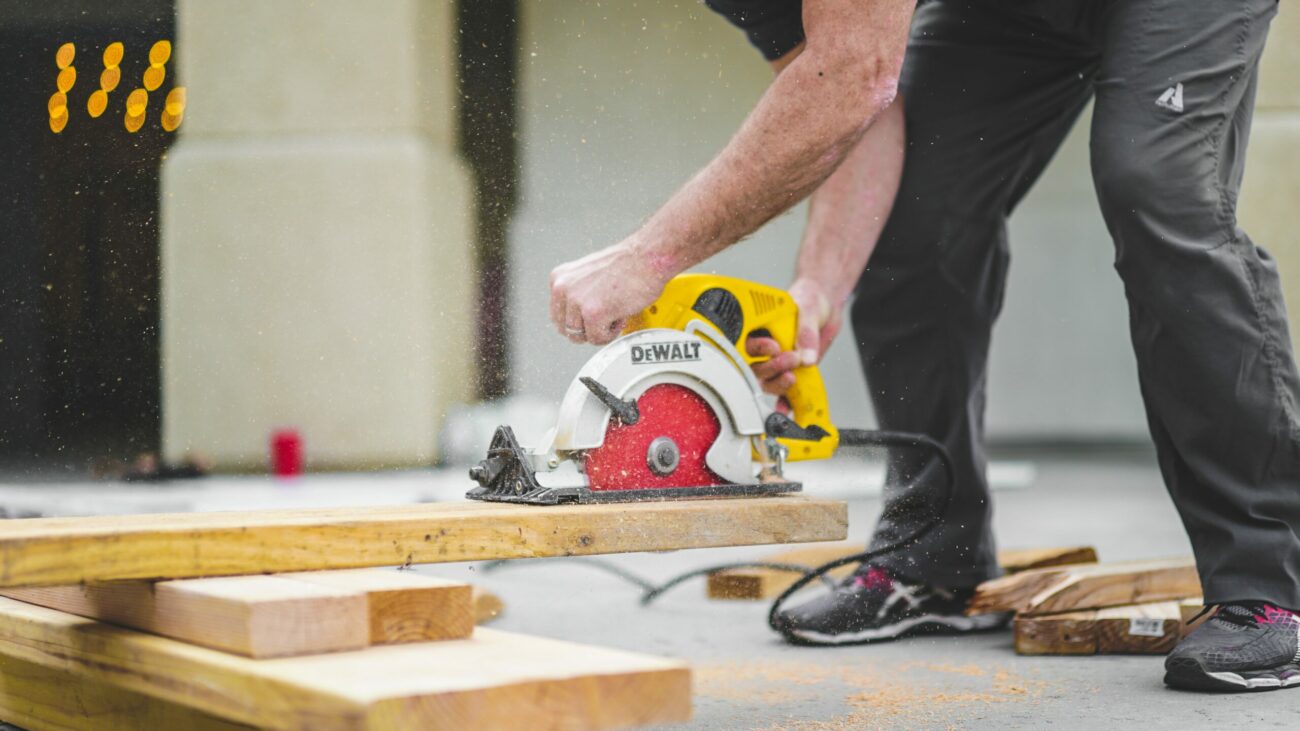While you’re busy trying to build up your business, it’s easy to forget that you need to get insured yourself. But if you’re planning on hiring subcontractors in the future, you can’t forget about this step. Subcontractors can’t work without insurance. And even if they can, many of them will not be able to work with your company because they won’t have their own insurance policy in place first.
The Risks of Being Uninsured

If you hire subcontractors, you know that the risk of being uninsured is very real. Without an insurance policy, you are personally responsible for all damages that occur on the job. This means when something goes wrong, your personal assets could be put at risk. For example, let’s say one of your subcontractors trips over a piece of equipment that wasn’t fully secured, falls and sustains severe injury. The injured employee might sue you for their pain and suffering as well as other related costs such as medical expenses and lost wages from missed workdays. You’ll have to pay them out-of-pocket if you don’t have coverage or you can face getting sued yourself. Even worse, if the incident results in death then family members can also sue for wrongful death!
What Types of Insurance Do Subcontractors Need?
While there are many different types of insurance for subcontractors, some of the most common include general liability insurance, workers’ compensation insurance, and auto liability insurance. General liability insurance will help protect your business from potential lawsuits that may be brought against you as a result of your work with another company. Workers’ compensation insurance will help protect you in case an employee gets hurt on the job or has an illness related to their work. Auto liability insurance can come in handy if one of your vehicles is involved in an accident with someone else’s car. The right type of insurance coverage will vary depending on what type of subcontracting work you’re doing.







